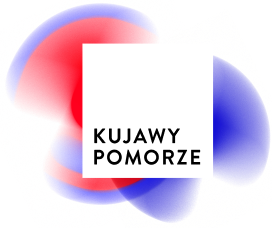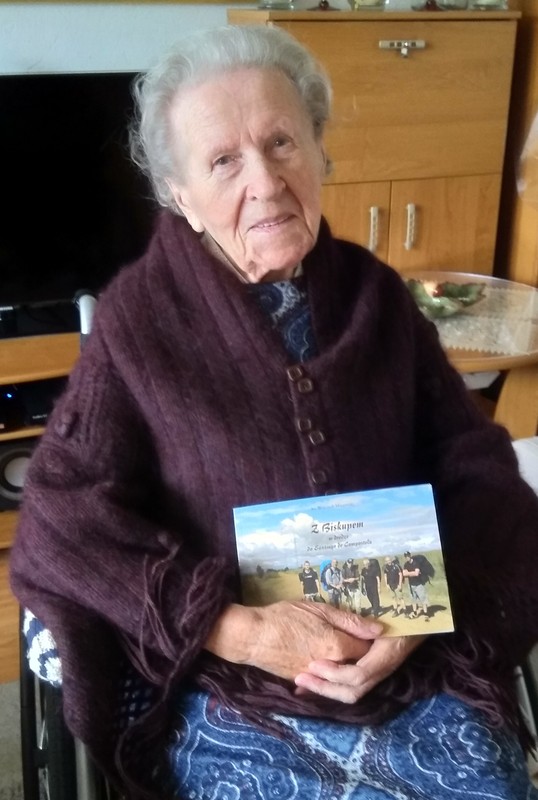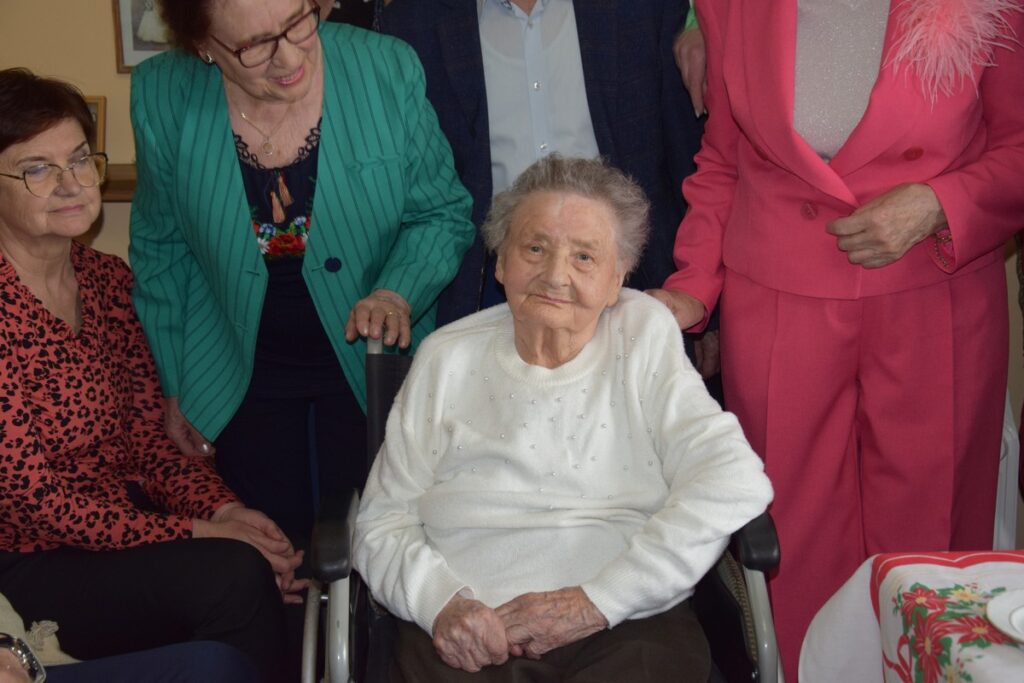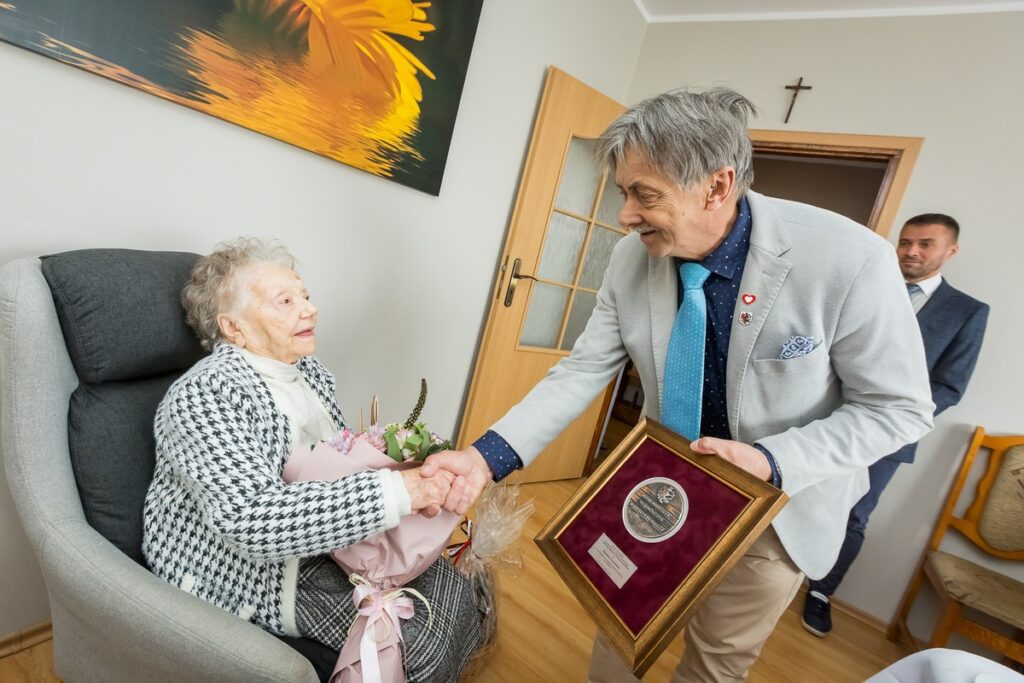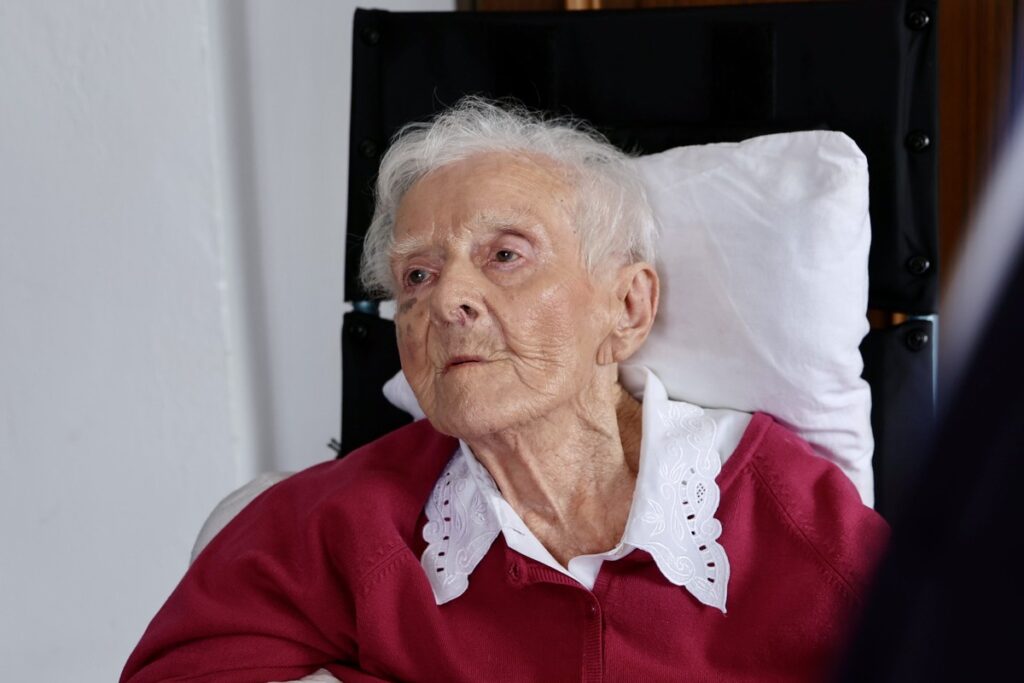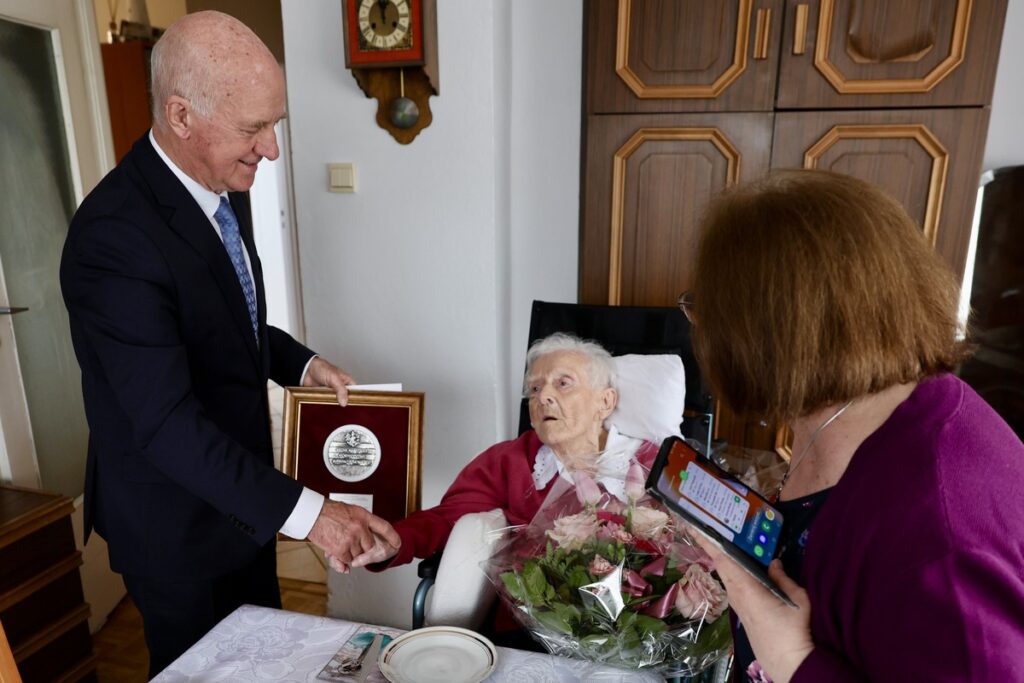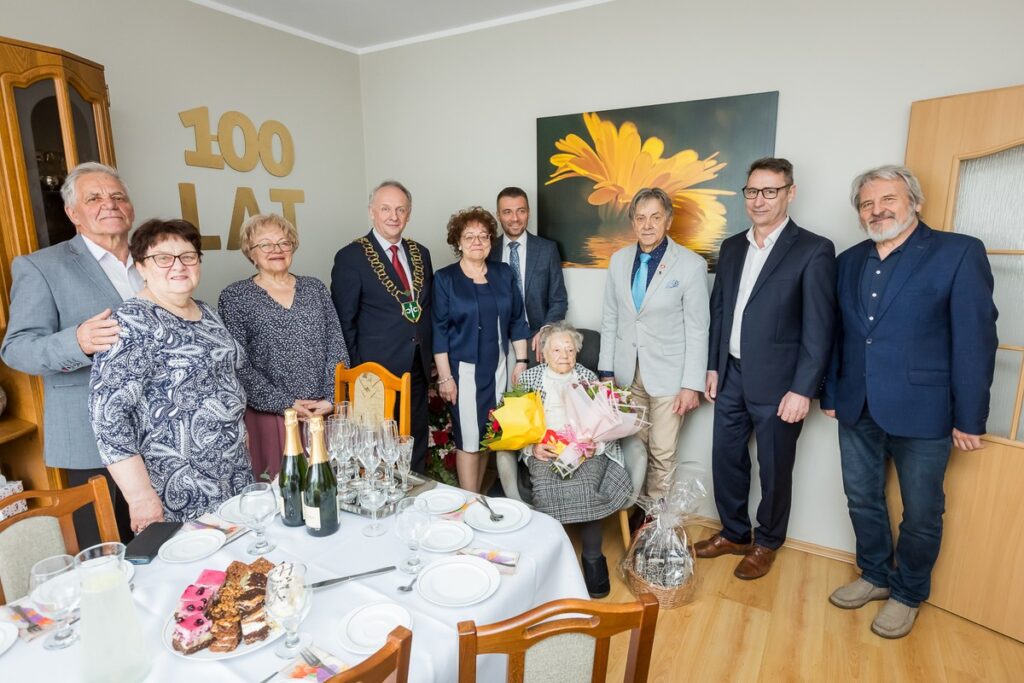
The heroines of everyday life
Zofia Bujewska from Jadownik Rycerskie (Żnin poviat), Wiktoria Chrzanowska, a resident of Toruń, Stanisława Pszczolińska from Parlin (Świecie poviat) and Maria Plewa from Wąbrzeźno joined the group of people awarded the Unitas Durat Palatinatus Cuiaviano-Pomeraniensis medal. Each of them has one hundred years of life behind them, full of experience and involvement in the life of their local communities.
– They are a true source of experience, good advice and memories. May each day be a source of joy for them and may it pass in an atmosphere of love and support,’ said Marshall Piotr Całbecki.
Wiktoria Chrzanowska was born on 5 April 1925 in Franki (Wielkopolskie Voivodeship) as one of seven children of Tomasz and Marianna Kolas. During World War II she lived with her family in Kamionki Małe (Toruń County), where they had to face the dramatic realities of the occupation. After the war, she began working in administration – first in the Turzno Community Cooperative, then as an accountant in sanatoriums in Ciechocinek (‘Julianówka’ and ‘Ruch’), as well as in children’s homes, where she served as chief accountant.
In 1951, she married Kazimierz Chrzanowski, with whom she spent 59 years of their life together, raising five children. Today, she lives in Toruń under the loving care of her daughter and son-in-law, surrounded by eleven grandchildren and eleven great-grandchildren. Valued for her warmth, wisdom and love of order, she was honoured with a medal and visited by the vice-chair of the regional assembly, Katarzyna Lubańska.
Zofia Bujewska (née Figiel) was born on 6 April 1925 in Kieszków (Żnin county). Her youth was brutally interrupted by the war – she was displaced and found herself in forced service with a German family. After the war, she found happiness with Henryk Bujewski, a violinist and carpenter. The couple settled in Jadowniki Rycerskie, where they ran a farm together. Mrs Zofia also worked at the Communal Cooperative and the local café.
She was extremely active socially – she was active in the Rural Housewives’ Circle, took part in artistic performances, sewed, knitted and organised local events. She raised five children. Today, surrounded by her family, she enjoys singing and sharing memories. On the occasion of her jubilee, she was visited by a member of the regional government, Dariusz Kurzawa, and the mayor of Żnin, Łukasz Kwiatkowski.
Stanisława Pszczolińska (née Juskowiak) was born on 7 April 1925 in Lisewo near Jarocin. During the war, she was deported to the vicinity of Garwolin (Mazowieckie Voivodeship) and then sent to forced labour near Sławno (West Poland). There she met her future husband, Jerzy. They started a family, settling in Parlin.
She worked in commerce at the Communal Cooperative in Pruszcz until she retired in 1985. She raised three children and lived to see five grandchildren and three great-grandchildren. She is known for her great love of nature – her garden was her pride, and she worked in it until a decade ago. Her prescription for longevity is a healthy lifestyle, tranquillity and contact with nature. She still avidly consults history books and newspapers. She celebrated her jubilee in the company of the voivodship councillor Tadeusz Pogoda and the mayor of Pruszcz municipality, Dariusz Wądołowski.
Maria Plewa (born 8 April 1925 in Wąbrzeźno) – daughter of Andrzej and Marta Sumiński, brought up in a large farming family. Her early youth was interrupted by the Second World War – during the occupation she was forced to work for a German farmer, and was then sent to Siberia. After the war, she returned to Poland, graduated from high school and gained a teaching qualification in Toruń. From 1950, she worked as a teacher in primary schools in Wąbrzeźno for more than 40 years, educating generations of pupils.
In 1957, she married Franciszek Plewa, a former soldier in the army of Generals Stanisław Maczek and Władysław Sikorski. Together they raised three children and had grandchildren and great-grandchildren. Maria Plewa continued her education even after she started working, gaining a degree in pedagogy, and after retiring she taught children with disabilities for eight years.
She is a passionate person who loves books, nature and family life. She and her husband shared a love of teaching and the garden – they were dedicated to tending flowers, especially asters and zinnias. After her husband’s death, she remembered their life together with pride and exuberance. In spite of difficult living conditions, all members of her family lived to a ripe old age, which Maria often emphasised, believing that hard experiences toughen the spirit. On the occasion of her 100th birthday, the distinguished doyenne was visited by the regional councillor Robert Malinowski and the mayor of Wąbrzeźno, Tomasz Zygnarowski.
The regional government has been honouring the region’s centenarians since 2018, with more than four hundred and sixty people having received the Unitas Durat medal to date. Families of the region’s residents who are about to turn one hundred years old, as well as those who are older, are encouraged to contact us at 56 62 18 344 and at the following email address: stulatkowie@kujawsko-pomorskie.pl.
Beata Krzemińska
Spokesperson of the Marshal’s Office
9 April 2025.
- Wiktoria Chrzanowska, fot. z archiwum rodziny
- Zofia Bujewska, fot. Iwona Góralczyk, Gazeta Pomorska
- Wręczenie medalu Unitas Durat Stanisławie Pszczolińskiej, fot. Tomasz Czachorowski/eventphoto.com.pl dla UMWKP
- Wręczenie medalu Unitas Durat Stanisławie Pszczolińskiej, fot. Tomasz Czachorowski/eventphoto.com.pl dla UMWKP
- Maria Plewa, fot. Andrzej Goiński/UMWKP
- Wręczenie medalu Unitas Durat Marii Plewie, fot. Andrzej Goiński/UMWKP

